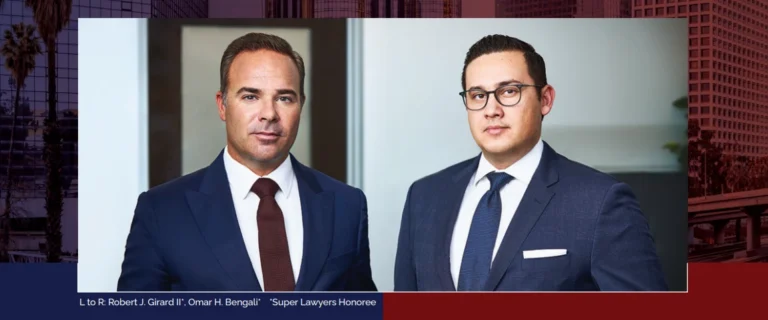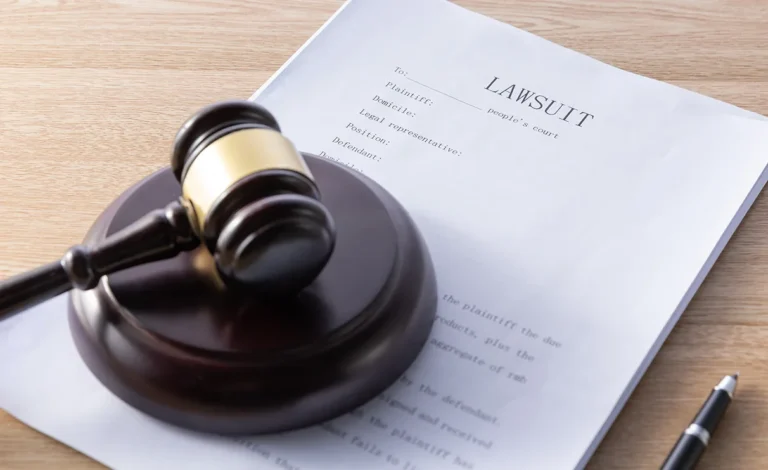What to Do If Your Broker Violates Their Fiduciary Duty

Investment losses are difficult enough when they stem from normal market conditions. But when those losses result from a broker’s breach of trust, the impact can be devastating both financially and personally. If you suspect your broker has violated their obligations to you, understanding your rights and taking systematic action can help protect your financial interests and increase your chances of recovery.
What Constitutes a Violation of Fiduciary Duty?
A fiduciary duty represents the highest standard of care under the law. When brokers accept this duty, they are legally bound to put your interests above their own in every aspect of the financial relationship.
Fiduciary duty violations occur in many forms, from obvious breaches to subtle manipulations. Common violations include recommending investments that generate higher commissions for the broker rather than better returns for you, failing to disclose material risks or conflicts of interest, executing unauthorized trades, or making recommendations that clearly don’t align with your stated investment objectives and risk tolerance. Even seemingly minor actions, like excessive trading to generate commissions (known as churning) or misrepresenting an investment’s features, constitute serious breaches of this fundamental obligation.
If you’ve identified any of these red flags in your investment account, taking immediate and methodical action is crucial. While each situation is unique, there are specific steps you should take to protect your rights and pursue recovery of your losses. Follow these steps to build a strong foundation for your case and maximize your chances of a successful resolution:
1. Document Everything First
The success of fiduciary breach claims often hinges on your ability to establish a clear pattern of misconduct. Begin by gathering all your account statements, trade confirmations, and any communications from your broker. Every email, letter, text message, and conversation note helps build the foundation of your case. This documentation serves two purposes: it prevents your broker from later disputing or recharacterizing their actions, and it provides concrete evidence of how their recommendations and actions deviated from their fiduciary obligations.
2. Review Your Account Agreements
Your brokerage agreement is more than just paperwork– it’s the contract that defines your broker’s legal obligations. A thorough review reveals the specific standards your broker agreed to uphold and any procedural requirements for addressing broker misconduct. Pay special attention to sections about account management, arbitration requirements, and complaint deadlines. Understanding these terms now ensures you don’t inadvertently waive any rights or miss critical deadlines while pursuing your claim.
3. Calculate Your Losses
Financial harm from fiduciary breaches often extends far beyond obvious investment losses. A comprehensive accounting of damages should capture unauthorized trades, unsuitable investment losses, excessive fees, and missed opportunities in appropriate investments. This detailed analysis helps determine the appropriate forum for your complaint, provides leverage in settlement negotiations, and ensures you seek full compensation for all damages suffered. This documentation becomes particularly critical if you need to pursue securities arbitration or other legal remedies.
4. Connect with Regulatory Authorities
Regulatory authorities play a vital role in investor rights protection and maintaining market integrity. Filing complaints with FINRA, the SEC, and state regulators alerts regulators to potential systemic issues, creates additional documentation of your concerns, and may trigger independent investigations that can support your claim. Each agency approaches investor protection from a different angle, so filing with multiple regulators ensures comprehensive oversight of your situation.
5. Working with a Broker Misconduct Attorney
Securities law combines complex regulations with industry-specific procedures and deadlines. An experienced broker misconduct attorney understands how to navigate FINRA arbitration, how to value different types of claims, and how to anticipate and counter common defense strategies. Their expertise helps level the playing field against brokerage firms’ legal teams and can significantly impact your chances of a favorable resolution.
6. Secure Your Remaining Assets
Set up measures to protect your remaining investments in order to prevent further losses and ensure that you maintain control of your financial future while your complaint proceeds. Taking decisive action to secure your accounts demonstrates prudent financial management and prevents potential retaliation or unauthorized activities. This step also helps isolate the disputed transactions from your ongoing investment activities, making it easier to track damages and document your claim.
Moving Forward
Understanding and enforcing your rights as an investor requires careful attention to detail and a thorough understanding of both legal requirements and industry practices. Girard Bengali’s legal team combines deep securities law experience with a commitment to protecting investor interests. We help clients navigate the complexities of fiduciary breach claims while seeking appropriate compensation for their losses, with over a hundred million dollars recovered to date for harmed investors.
Contact us for a confidential consultation to discuss your situation and determine the best path forward.











